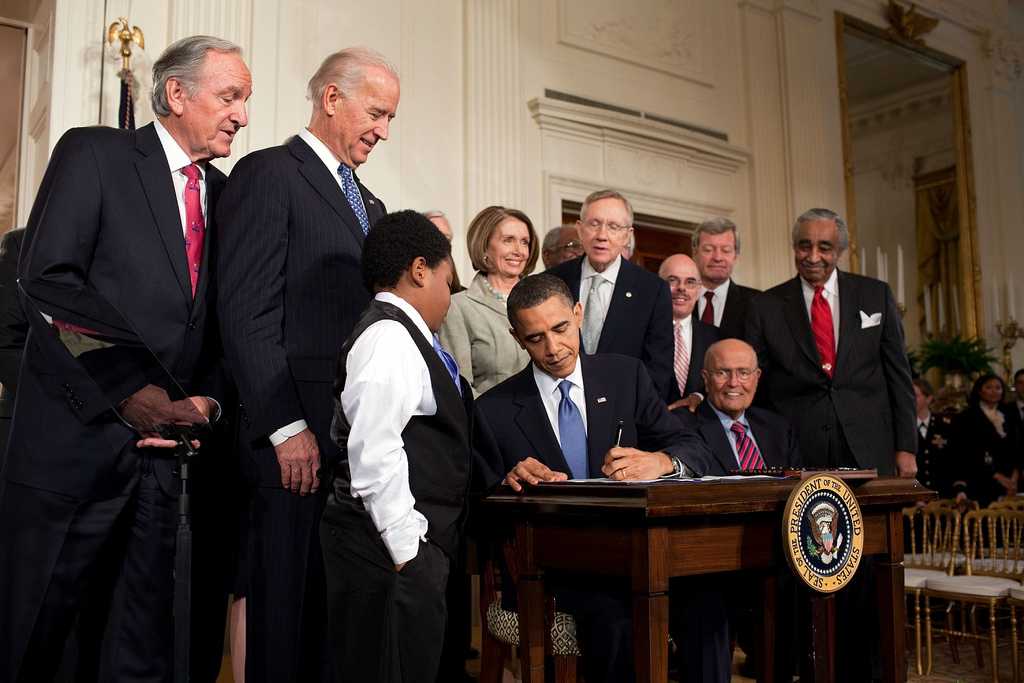CHOICE? COMPETITION? NOT HARDLY …
In another blow for U.S. president Barack Obama‘s signature domestic policy achievement, insurer Aetna is withdrawing from eleven state-based socialized medicine exchanges – including South Carolina’s – beginning in 2017.
In other words if you liked your doctor, you’re screwed. Again.
“Providing affordable, high-quality health care options to consumers is not possible without a balanced risk pool,” Aetna CEO Mark T. Bertolini stated.
According to Bertolini, Aetna saw a second quarter pre-tax loss of $200 million – and total pretax losses of more than $430 million since January 2014.
As of June 30, the company covered roughly 850,000 people via the exchanges – most of whom will now have to find coverage elsewhere.
Insurers Humana and United Healthcare are also dramatically scaling back their participation in the Obamacare exchanges, which have failed to lure young, healthy enrollees into the government-subsidized “marketplace.”
United Healthcare will only participate in “three or fewer exchange markets” in 2017. South Carolina is not one of them.
In rolling out the exchanges, Obama promised “more choices, more competition, and in many cases, lower prices.”
That’s clearly not what is happening, though …
In fact, Katherine Hempstead of the Robert Wood Johnson Foundation told The Washington Post this week that South Carolina would be among the states disproportionately impacted by this lack of choice.
Where are the presidential candidates on this issue?
GOP nominee Donald Trump has proposed repealing Obamacare and block granting federal Medicaid monies to the states. He also wants to extend employer tax exemptions for insurance coverage to individuals – and apply market-based reforms to the prescription drug market.
Democratic nominee Hillary Clinton – who famously pushed socialized medicine back in the early 1990s – wants to boost spending on Obamacare subsidies as well as “advertising” and “outreach” efforts for its exchanges.
Clinton has also proposed a tax credit for families dealing with rising out-of-pocket medical costs – which certainly strikes us as an admission that the new law has caused a spike in these expenses.
